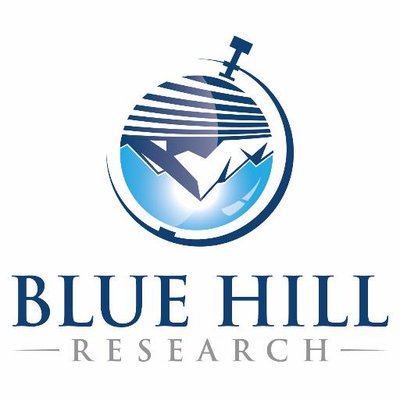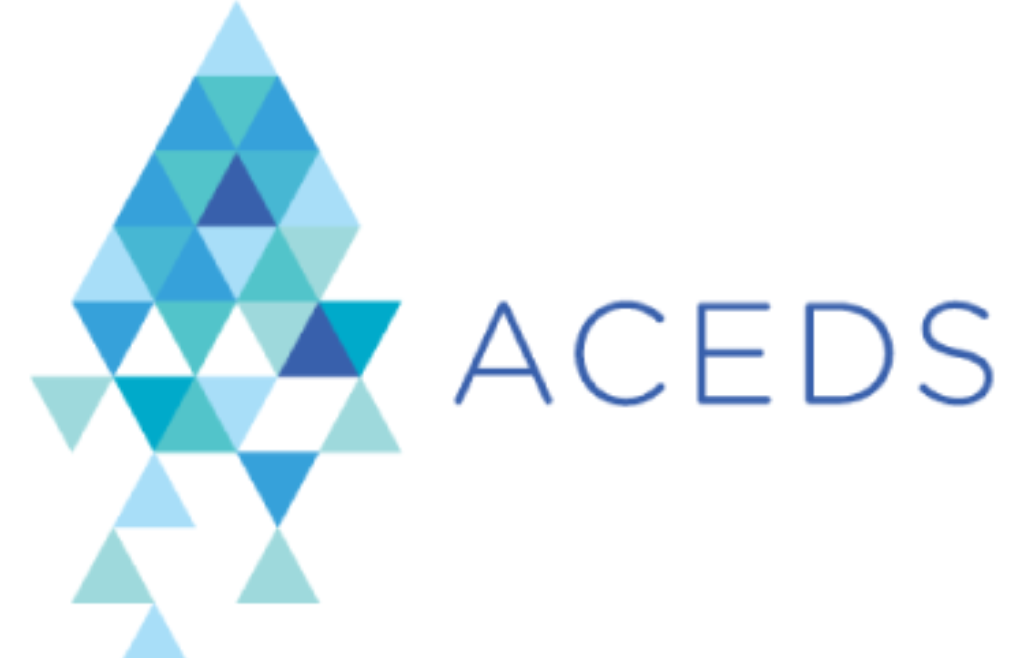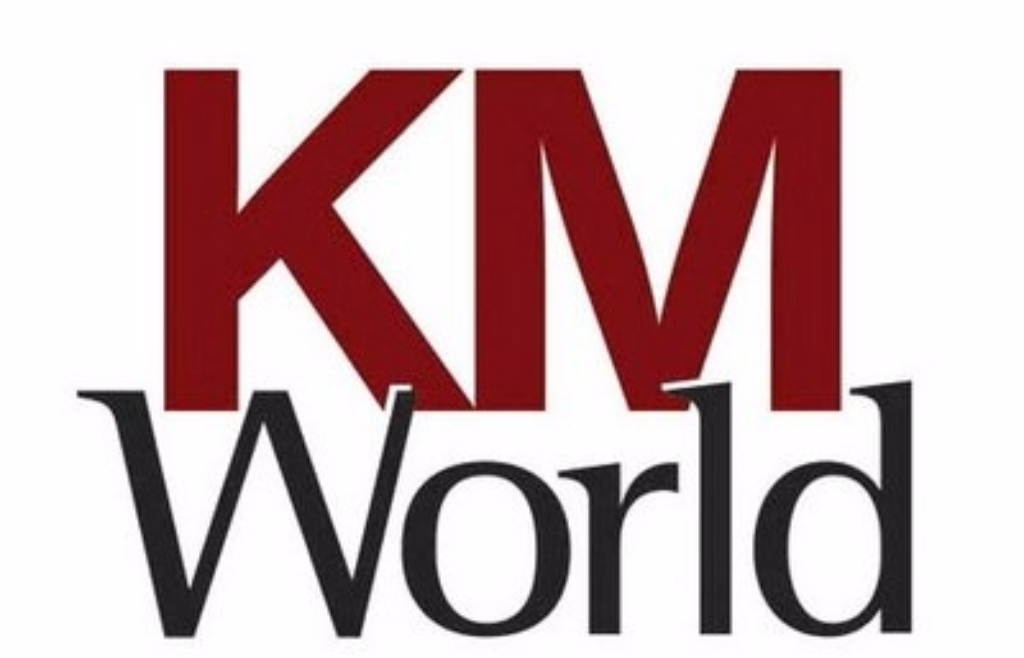Extract from article in KMWorld by Judith Lamont on January 31, 2016: CloudNine is a cloud-based product used for e-discovery and investigation. The company also provides professional services to organizations that want to delegate some or all of their discovery tasks to a third party. CloudNine is designed to be simple to use, with a straightforward online process for uploading, reviewing and producing electronically stored information for litigation and investigations.
“Although we are CloudNine, we are not cloud-based the way most people think of it,” says Brad Jenkins, president and CEO of CloudNine. “We use a private infrastructure, and the data is highly secure, residing on dedicated servers on a dedicated network in a Tier 4 data center. We don’t use the public cloud at all.” Two pricing models are available; pay-as-you-go plans start at $25/GB per month, which includes 30 days of hosting but does not include processing (normally $100/GB for self-service processing). Subscription plans start at $1,000 per month, which includes unlimited self-service processing and up to 50GB of hosting.
The customers for CloudNine have typically been companies that provided litigation support as well as small to medium-sized law firms. Recently, larger law firms have started to use it to manage e-discovery for their clients, and that group of customers now includes dozens of firms, including more than 50 of the top 250 law firms. In addition, large (Fortune 100) corporations are using CloudNine for internal investigations and compliance.
CloudNine uses dtSearch as its search software. “It indexes very quickly,” says Doug Austin, VP of professional services, “and handles a range of file types from e-mail to documents and database information.” As for processing, CloudNine automatically unpacks the data, pulls out metadata and text and uses OCR to convert image files to searchable text.
“One thing that customers are very interested in is analytical capabilities,” Austin adds. “They want to be able to get an idea early on about whether they should settle or litigate. If they can analyze their data quickly, they can decide what their exposure is and then choose the best course of action. The simplified e-discovery automation that CloudNine provides enables our clients to perform that analysis and make those decisions quickly and effectively.”
Source: Article: Legal Applications of KM Trend Toward Flexibility, Simplicity
For the complete article, click here.






